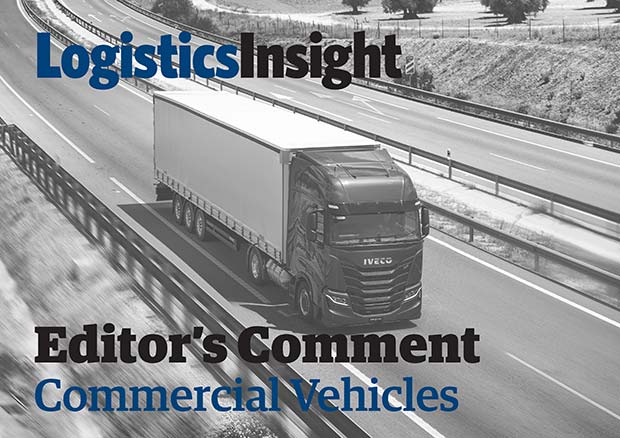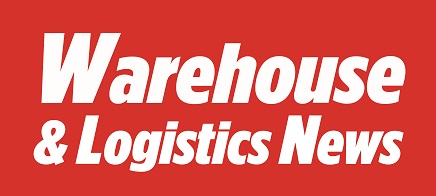The haulage industry has had to face considerable challenges in recent years, including Brexit, Covid-19 and the ongoing pressure to become more environmentally friendly. More recently, the shortage of HGV drivers has hit the headlines, causing a scarcity of a wide range of products from fuel to groceries. Brexit has impacted the available pool of self-employed subcontractors while demand for deliveries has stayed strong. This has meant that self-employed subcontractors are becoming a commodity and have more choice than ever before as to which main contractors they engage with.
This article was first published in the October 2021 issue of Logistics Insight, subscribe to the magazine by clicking here.
 According to self-employment technology specialists, Wise, following Brexit, as the UK continues to lose self-employed delivery drivers from mainland Europe, there is a growing scarcity of available talent within the courier and logistics sector. This decrease in the volume of available drivers means that those main contractors which are able to find, recruit and onboard subcontractors in the most efficient way possible are going to be at a distinct competitive advantage. Whilst the pandemic has naturally forced a number of companies across the courier and logistics sector to reinvent some of their practices, the way these firms choose to integrate technology into their processes will play a huge role in how they are able to flourish in the coming years in a competitive market.
According to self-employment technology specialists, Wise, following Brexit, as the UK continues to lose self-employed delivery drivers from mainland Europe, there is a growing scarcity of available talent within the courier and logistics sector. This decrease in the volume of available drivers means that those main contractors which are able to find, recruit and onboard subcontractors in the most efficient way possible are going to be at a distinct competitive advantage. Whilst the pandemic has naturally forced a number of companies across the courier and logistics sector to reinvent some of their practices, the way these firms choose to integrate technology into their processes will play a huge role in how they are able to flourish in the coming years in a competitive market.
Volvo Trucks has received an order for 100 FM Electric trucks from DFDS, Northern Europe’s largest shipping and logistics company. The deal is the largest commercial order to-date for Volvo electric trucks, and one of the largest ever for heavy duty electric trucks worldwide. The FM Electric can operate at up to 44 tonnes gross combination weight and has a range of up to 300 km.
2021 has seen a huge growth in the registrations of electric vehicles and, with the introduction over the last 12 months of more electric HGVs, it is clear that change is coming fast, according to Grahame Neagus, Head of LCV at Renault Trucks UK & Ireland. The last 14 years of electric vehicle production has provided Renault Trucks with the knowledge and experience to look at the cost parity of alternative fuels with diesel ownership and the impacts on the wider environment. From a TCO cost perspective it is relatively simple: initial capital asset cost, in-life maintenance and service, in-life energy costs, Government incentives, in-life savings on congestion charges and finally the end-of-life residual value.
MAN Truck & Bus UK has announced the appointment of Glen Crompton as Customer Service Management Director. Glen succeeds Matt Squires who was recently appointed as Director of New Truck Sales for MAN Truck & Bus UK Ltd. Glen joined MAN Truck & Bus UK Ltd in 2019 as Head of UK Parts and over the last two years has helped develop and re-structure the function.
We applaud the haulage industry for its resilience in persevering in the face of some substantial trials.
George Simpson
Features Editor





Comments are closed.